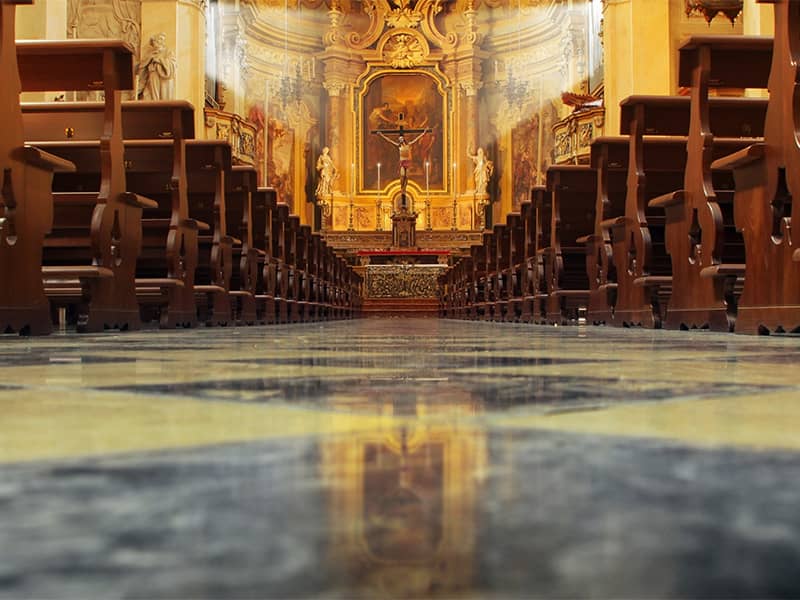Northern Ireland Secretary Peter Mandelson said he couldn't guarantee that authorities would overturn their ban on Orange Order marches through the main Catholic section of Portadown if they entered mediation, but that that course of action represented ``their only chance.''
He said Protestants must stop what he called the ``bullyboy thuggery we've seen this week,'' noting it was ``not only wrong but totally self-defeating from the Orange Order's point of view.''
His appeal followed a fifth straight night of protests by Protestant hard-liners expressing frustration at the ban on an Orange parade this Sunday down Garvaghy Road, the main Catholic enclave of Portadown, a mostly Protestant town southwest of Belfast.
This week's substantial Protestant rebellion against British authority reflects immediate anger at being forced to concede symbolic ground to Catholics, as well as wider opposition to key sections of Northern Ireland's 2-year-old peace accord that have taken shape in recent weeks.
Portadown's Orange leaders have refused since 1995 to talk directly with the Catholics responsible for organizing anti-Orange protests on Garvaghy Road. They have likewise refused to meet face to face with the government-appointed Parades Commission, which last weekend ordered the restrictions.
However, on Friday, intermediaries for the Portadown Orangemen presented a fresh proposal to the Parades Commission: Orange leaders would enter mediation if the ban on the Garvaghy Road section of their march was first overturned. Given others' insistence on direct talks first, that formula looked unlikely to resolve the deadlock.
Overnight, police said unidentified gunmen fired live rounds at their armored cars parked in the zone dividing Catholic and Protestant districts of west Belfast. Nobody was reported hurt.
Protestant youths also threw gasoline bombs at two heavily fortified police stations in Protestant east Belfast, while on the city's north side police arrested a man after a Protestant gang tried to hijack a police car. Two officers were reported lightly wounded during that melee.
An Orange hall was badly burned in Kilrea, northwest of Belfast, while a fire was set but failed to take root at a Catholic church in Antrim to the west.
But overall, following heavy criticism from many quarters over much more widespread rioting earlier in the week, Protestants' road blockades and other protests remained largely peaceful early Friday--a shift attributed in part to the imminent funeral of a revered Protestant sports star.
Some 50,000 mourners were expected to attend services Friday afternoon for Joey Dunlop, the Ulster-born motorcyclist who won five world racing championships before suffering a fatal crash last weekend.
His family and Orange Order leaders appealed for a halt to the violence in advance of his funeral.
``Let's remember the great ambassador for Northern Ireland, Joey Dunlop. Let's have a quiet day,'' said Robert Saulters, grand master of the Orange Order, whose summertime marches always raise sectarian passions.
But Saulters and other Orange leaders remain set on defying Sunday's parade restrictions in Portadown, where police and soldiers since 1998 have blocked their annual march from reaching Garvaghy Road.
At daybreak Friday, British army engineers laid extensive barbed-wire defenses in farm fields north of Garvaghy Road to prevent Protestants outflanking security force positions.
The climax of Orange marching plans comes Wednesday, the so-called Twelfth holiday, when tens of thousands of Protestants parade throughout Northern Ireland to commemorate the 1690 defeat of Catholic King James II at the hands of the Protestant William of Orange.
The Parades Commission on Thursday ordered one Belfast parade rerouted away from a hostile Catholic district, but approved two other Twelfth parades opposed by Catholics--setting the stage for possible protests by hard-liners from both sides.

